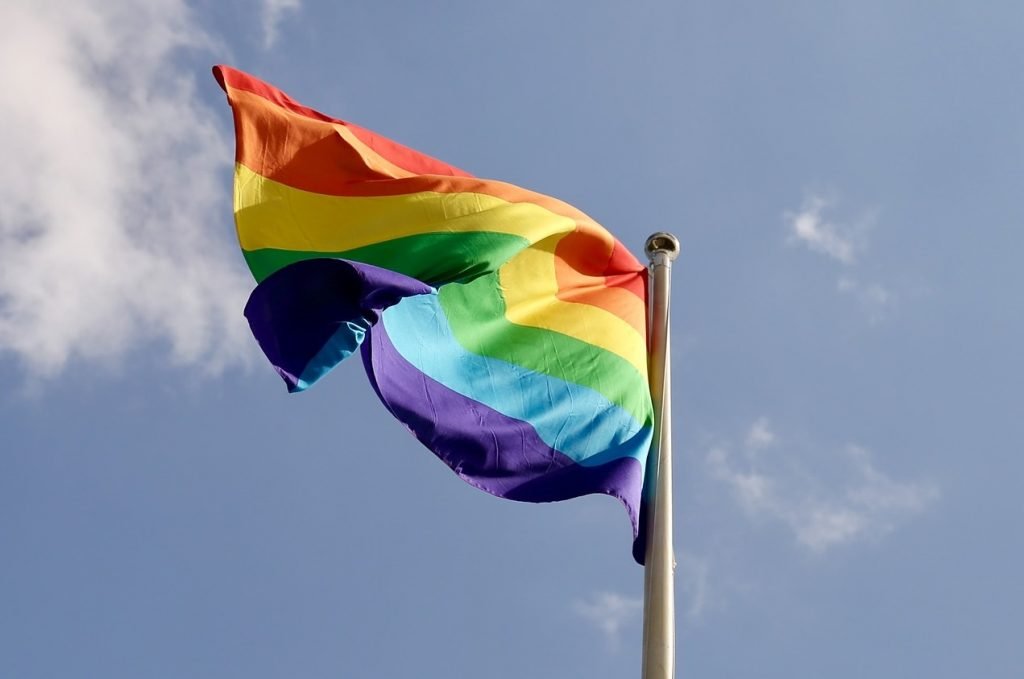Israel’s LGBTQ community is holding a nationwide strike on Sunday, while organizing a number of rallies across the country, in protest against legislation passed in the Israeli Knesset last week that eases surrogacy regulations but excludes gay couples from bringing a child into the world using a surrogate.
And the community has the strong backing of Israel’s vibrant high-tech and business sectors, as many high-profile companies announced they would provide a paid day off for employees who wanted to participate in the day-long strike and the various demonstrations in Jerusalem, Beersheba, Haifa, and Tel Aviv, where a major protest is planned at Rabin Square on Sunday night.
Thousands from the LGBTQ community and beyond are set to participate in the events. The national strike was called for on Wednesday by the community’s umbrella organization, the Agudah, after the Knesset voted on the surrogacy law, which will grant state support for pregnancy via surrogacy to heterosexual couples and single women, but not men, which effectively prevents homosexual couples from having a child via a surrogate.
מאבק הלהט”בים | כ-300 מפגינים הגיעו למחות על חוק הפונדקאות בסמוך לקרית הממשלה @NeriaKraus pic.twitter.com/CYfDdgmjeF
— חדשות עשר (@news10) July 22, 2018
Prime Minister Benjamin Netanyahu had initially expressed support for a clause in the legislation that would have extended surrogacy rights to gay couples, but later voted against the measure, reportedly due to pressure from ultra-Orthodox parties in the premier’s coalition.
The move sparked anger in the LGBTQ community, and by Thursday, a number of tech companies and local branches of multinationals announced their support, including financial backing
Microsoft’s R&D Center in Israel called the law unfortunate and unequal, and said on its official Facebook page that it will give NIS 60,000 ($16,500) to any employee wanting to start a family via surrogacy.
“The current text of the surrogacy law excludes the LGBT community and denies them the basic human right to establish a family,” Microsoft wrote.
Israeli-American tech company Mellanox Technologies announced a similar measure: NIS 60,000 and a month of parental leave for employees wishing use a surrogate to have a child.
Sign up for our free weekly newsletter
SubscribeFacebook, which employs some 200 Israelis, already has a policy in place to grant some NIS 80,000 ($21,900) for employees wishing to bring a child into the world via a surrogate, and allows paid four-month parental leave for men and women, according to Israeli business daily The Marker.
IBM’s Israel office said in a statement that it will support any employee wishing to take the time off to participate in the protests, while castigating the “discriminatory law” as “taking away the basic humane right – the right to start a family.”
Israel-based companies like Fiverr, Wix, Wibbitz, Yotpo, eToro,Natural Intelligence, SimilarWeb, MyHeritage, Sodastream and Teva Pharmaceuticals were among over 50 businesses to also announce their support by permitting employees to go on strike. Some said they would change their profile pictures on social media to one that includes the rainbow flag, a symbol of LGBTQ pride, to show solidarity.
The Israel Airports Authority (IAA), Netivei Israel, the national transportation infrastructure operator, and the Haifa Port, said they would allow workers to strike, with the IAA warning of flight disruptions. The head of the Histadrut union, Avi Nissenkorn, said on Thursday that the national labor federation would support community members wishing to take part in the strike, and called on unions and management across the state to do the same.
Magen David Adom, the Israel Postal Service, the Israel Electric Corporation, and Israeli communications giants Cellcom and Pelephone are also backing the strike.
Israel’s surrogacy law was first passed in 1996, with strict regulations, to allow heterosexual couples to conceive a child through surrogacy. The country only allows gestational surrogacy, where the woman carrying the pregnancy is not biologically related to the child, and not traditional surrogacy.
Gay couples, and single men, in Israel have often looked abroad for a surrogate, a process that is very expensive.
Israel hosts a number of LGBTQ pride events every year, including in Tel Aviv, which has been dubbed the “gayest city on earth,” but same-sex marriage is illegal and Jewish weddings in Israel outside the auspices of the ultra-Orthodox Chief Rabbinate, are not recognized. Israelis wishing for a civil union, same-sex or other, must travel abroad.
Israel does extend rights to same-sex partners, including medical, pension, and spousal benefits, inheritance benefits, the right to adopt children, and the Right of Return, which extends Israeli citizenship to Jews in same-sex relationships and their spouse, even if non-Jewish. Israel also has strong anti-discrimination laws.
Related posts

Rehabilitation Nation: Israeli Innovation On Road To Healing

Israeli High-Tech Sector 'Still Good' Despite Year Of War





Facebook comments